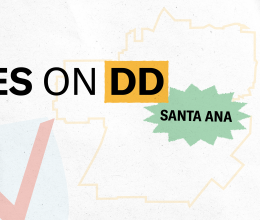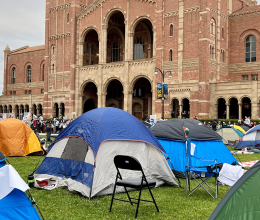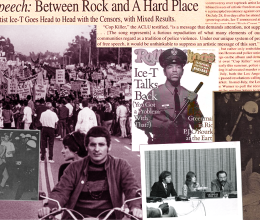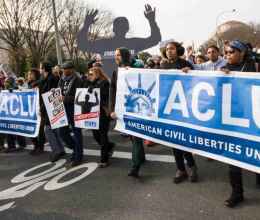You have the right to criticize government officials, including on their official social media pages.
If government officials allow positive or neutral comments on their social media posts, they cannot delete your comments simply because you criticized them — that would be unconstitutional viewpoint discrimination.
On Facebook, for example, the government can limit comments to those that are relevant to the government’s original post, but cannot delete on topic criticisms of it. On the other hand, if the government allows posts on its page by individuals on any subject, then it must allow critical posts on any subject.
Likewise, government officials cannot block you from accessing their social media pages simply because you’ve made critical comments about them. On Twitter, for example, you cannot be blocked because you've made a critical tweet at an official.
You also have the right to access publicly available information about government operations, including information provided through government officials' social media accounts. The government cannot make it more difficult for you to access that information because you’ve made critical posts or comments about it. For example, if government officials block you on Twitter and force you to sign out to view their tweets, which makes it far more difficult to engage with them and others, the government violates your right to receive information.





